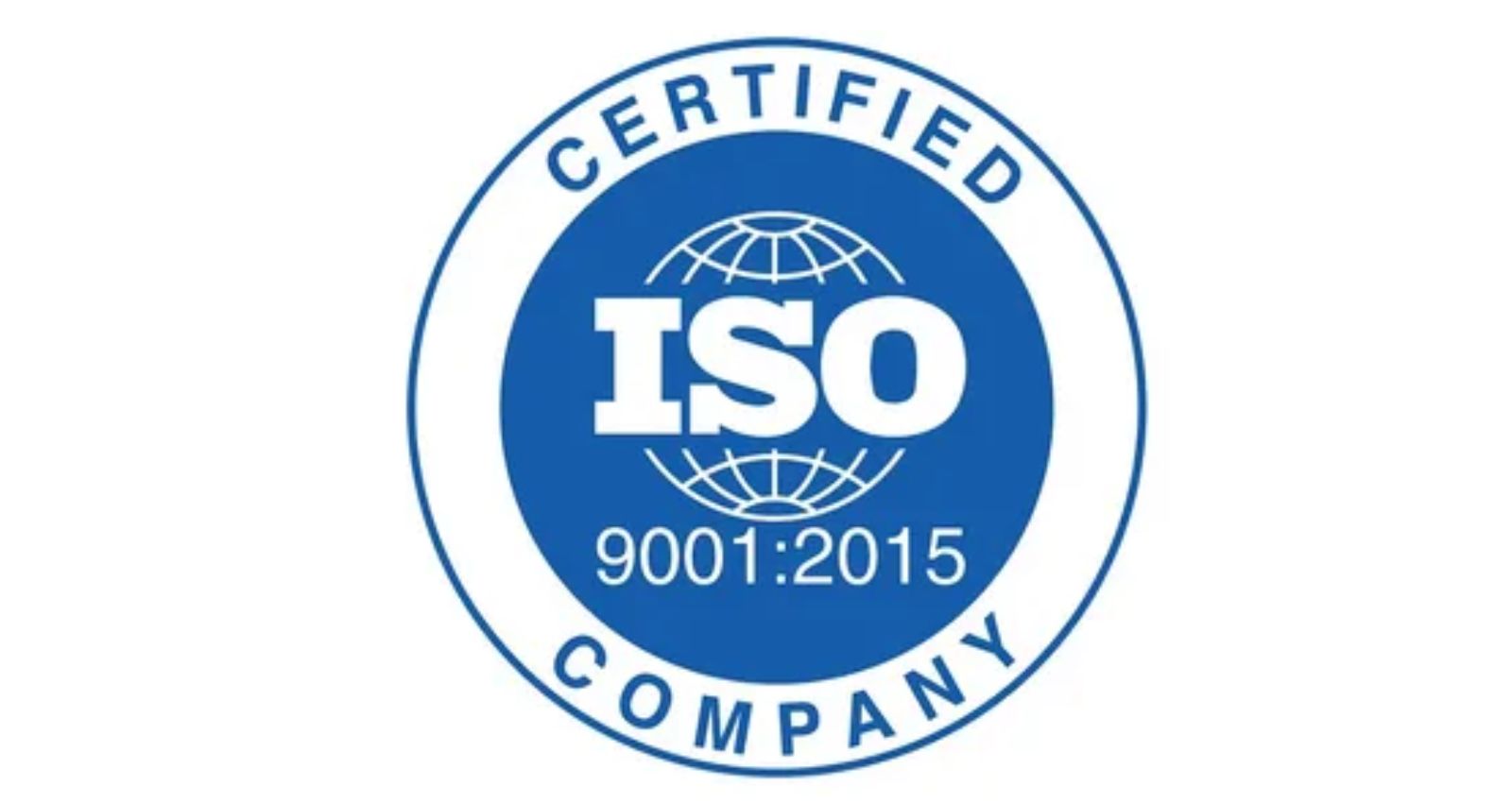
ISI Certification
ISI Certification, also known as Indian Standard Institute (ISI) Certification, is a quality mark and certification scheme in India governed by the Bureau of Indian Standards (BIS). It is aimed at ensuring that certain products meet specified quality and safety standards. ISI Certification is a testament to a product’s compliance with established national standards and is widely recognized and accepted across India. Here are some key points about ISI Certification:
- Scope: ISI Certification covers a wide range of products, including industrial and consumer goods, electrical appliances, building materials, and more. It is particularly important for products that have safety implications, such as electrical appliances and construction materials.
- Mandatory and Voluntary Certification: Some products require mandatory ISI Certification before they can be sold in India, while others can obtain it on a voluntary basis to demonstrate product quality and safety.
- Product Testing: Manufacturers seeking ISI Certification must have their products tested by BIS-approved laboratories to ensure they meet the prescribed standards.
- Product Marking: Products that receive ISI Certification are allowed to display the ISI mark, indicating compliance with national standards. The ISI mark is a symbol of quality and safety that consumers recognize and trust.
- Regular Audits: Manufacturers with ISI Certification are subject to regular audits and inspections by BIS to ensure continued compliance with quality standards.
- Variety of Standards: BIS has developed numerous Indian Standards (IS) covering different product categories. ISI Certification is specific to the relevant IS for the product in question.
- Consumer Protection: ISI Certification is ultimately aimed at protecting consumers from substandard or unsafe products and promoting the use of quality products in the Indian market.
- Penalties for Non-Compliance: Selling products without the required ISI Certification, when mandatory, can result in legal penalties, fines, or product recalls.
Manufacturers and businesses in India often prioritize obtaining ISI Certification for their products to demonstrate their commitment to quality, safety, and compliance with national standards. It not only helps build trust among consumers but also ensures that products meet the necessary regulatory requirements for sale in the Indian market.
